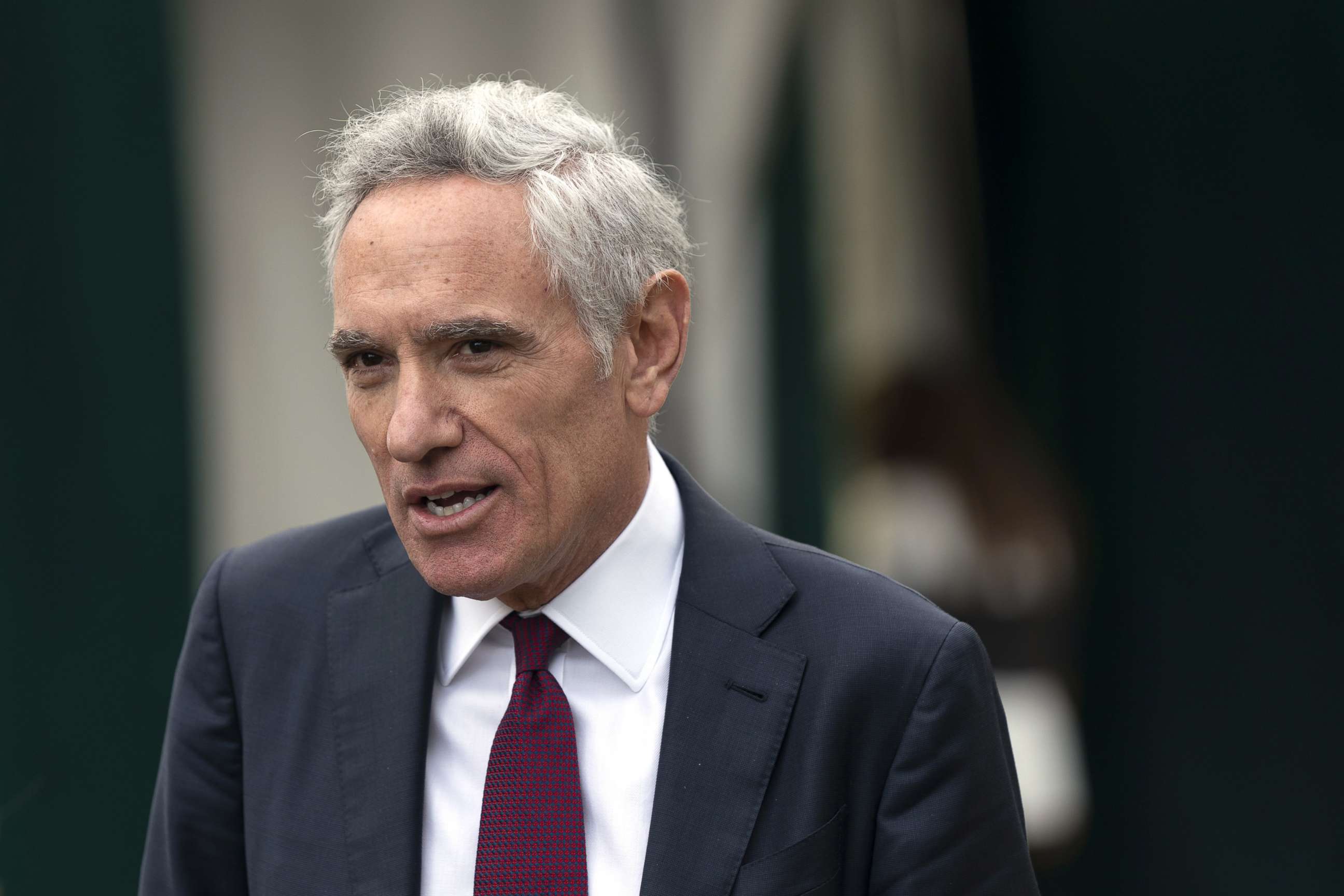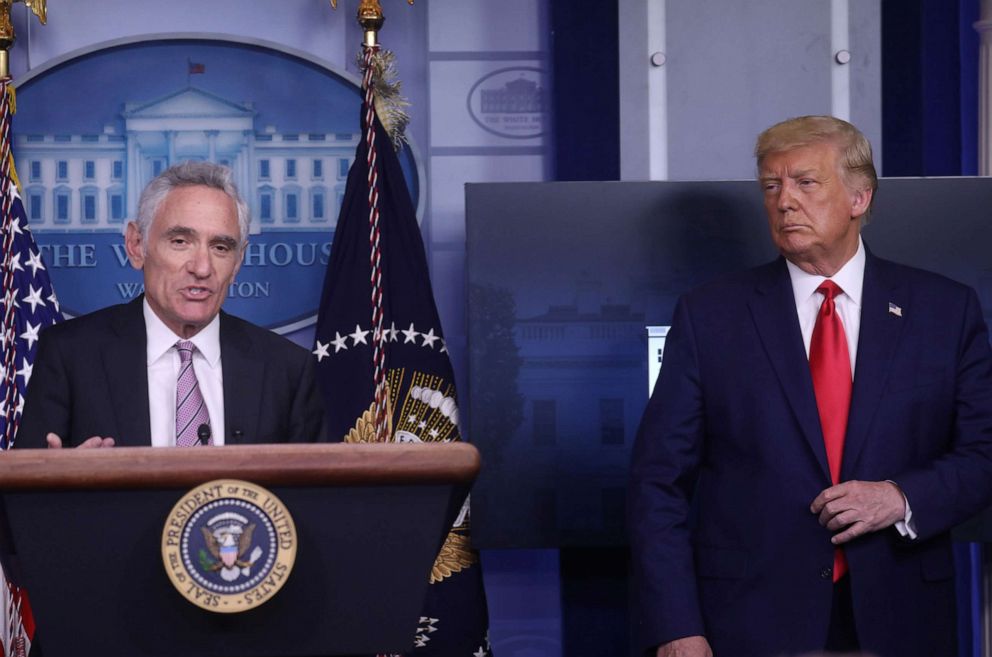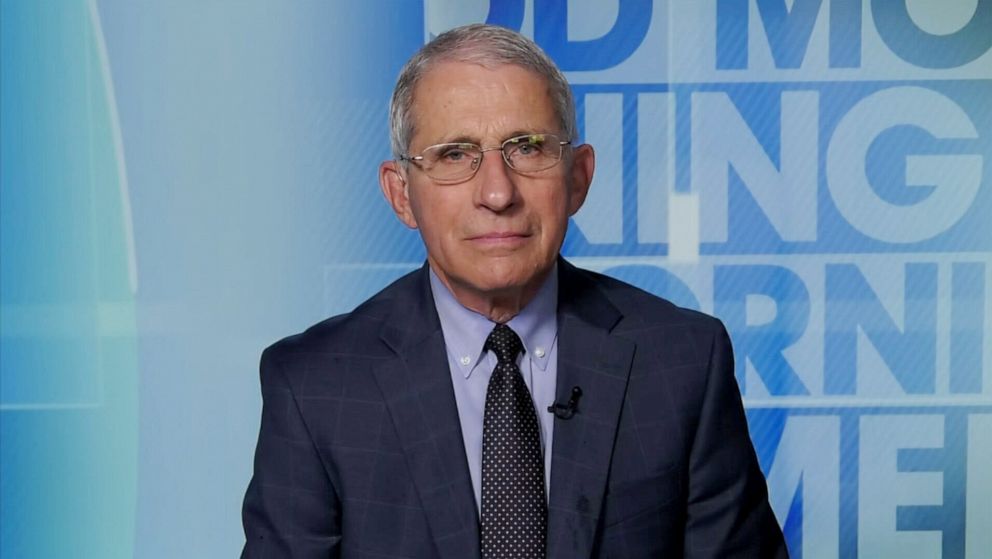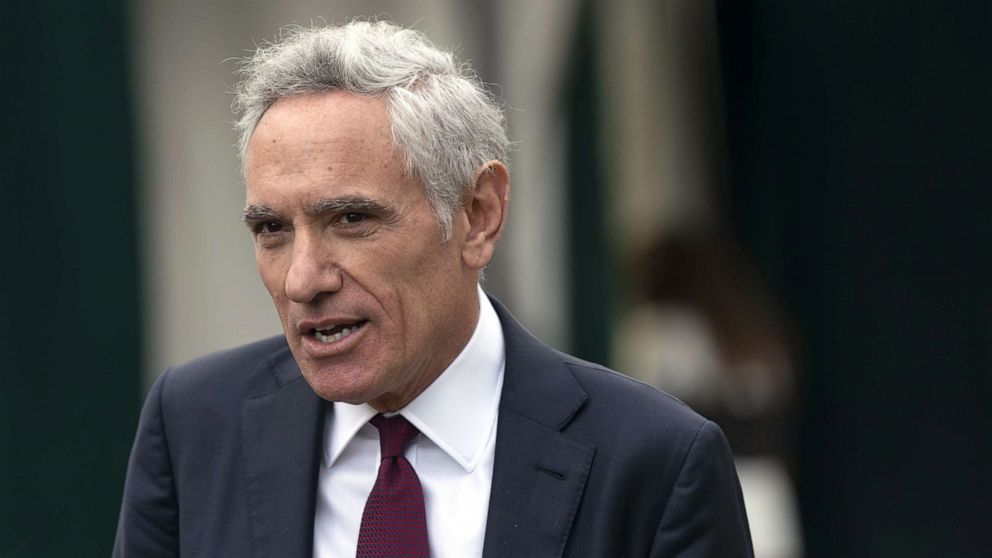Dr. Scott Atlas under fire for telling Michigan to 'rise up' against COVID-19 restrictions
Dr. Scott Atlas, a controversial member of President Donald Trump's coronavirus task force, is facing heavy criticism after telling Michiganders to "rise up" against Gov. Gretchen Whitmer's new COVID-19 restrictions imposed as new cases surge in the state.
Whitmer has denounced Atlas' call to action, in a call with Michigan Capitol reporters Monday morning, slamming it as "incredibly reckless, considering everything that has happened, everything that is going on."
Dr. Anthony Fauci, the nation's top expert on infectious diseases, told NBC's "Today" program Monday he "totally disagrees" with Atlas, and Dr. Ashish Jha, the dean of Brown University's School of Public Health, called the comment "particularly irresponsible," noting the death threats officials say Whitmer has faced.

"He is supposedly a physician and a disgrace to our profession," Jha said in a tweet Sunday night.
Whitmer, a Democrat who has come under frequent fire from Trump, detailed a new order Sunday to help slow the spread of the virus as the country enters a new wave resembling its peak in April.
In response to the rising number of cases, starting Wednesday for three weeks, Michigan will suspend in-person instruction at high schools and colleges, halt indoor dining at restaurants and close some businesses, including movie theaters and casinos.

Shortly after the announcement, Atlas, a neuroradiologist with no training in infectious diseases who joined the White House coronavirus task force in August and has since railed against COVID-19 restrictions, tweeted, "The only way this stops is if people rise up. You get what you accept. #FreedomMatters #StepUp."
The language echoed Trump's previous calls to "LIBERATE MICHIGAN!"
About three hours after the original tweet, Atlas attempted to walk back his comment as the criticism poured in, saying he wasn't talking about violence but raised people peacefully protesting and voting.
But Jha noted in his tweet that Whitmer is not up for election until 2022 and that Atlas "was not telling people to vote when he said they should rise up against her."
It all comes a little over a month after authorities revealed an alleged plot to overthrow the state Capitol and kidnap Whitmer. Individuals charged in the plot had protested against Whitmer's stringent restrictions which Trump also repeatedly criticized.

Atlas, from Stanford's Hoover Institution, has become Trump's favorite adviser because they share the same view that closures and restrictions aimed at slowing the spread of the coronavirus aren't worth the economic turmoil and negative impact on the public's mental health. Atlas has advocated for the idea of allowing the virus to spread rapidly among healthy populations while shielding more vulnerable groups -- an idea that the nation's top public health experts say is nearly impossible and would result in unacceptable death tolls.
Fauci has distanced himself from Atlas several times in the past. While Fauci spent the summer warning of the dangers of rising case and urging mask-wearing and social distancing, Atlas argued that young people should resume their lives as normal and questioned the efficacy of mask-wearing.
The White House has attacked Fauci for his public disagreements with Trump and criticisms of Atlas in recent weeks. After Fauci told the Washington Post in an interview on Oct. 30 that the country needed to make an "abrupt change" in its response and called out Atlas for his lack of expertise, the White House called Fauci's comments "unacceptable," especially coming just before the election.
"I have real problems with that guy," Fauci said of Atlas. "He's a smart guy who's talking about things that I believe he doesn't have any real insight or knowledge or experience in. He keeps talking about things that when you dissect it out and parse it out, it doesn't make any sense."

As the country is on track to reach 250,000 COVID-19 deaths by the end of this week, surpassing the 240,000 top estimate the White House initially gave for the year, doctors including Jha are now saying the country should follow Michigan's lead now and note the restrictions are still less severe than those issued in spring, when several states including Michigan were under stay-at-home orders.
With over 1.8 million cases reported in the last 15 days, November is well on track to become the country's worst month on record for COVID-19 cases.
In response to the rising numbers, Washington state and Oregon have also imposed new restrictions.




